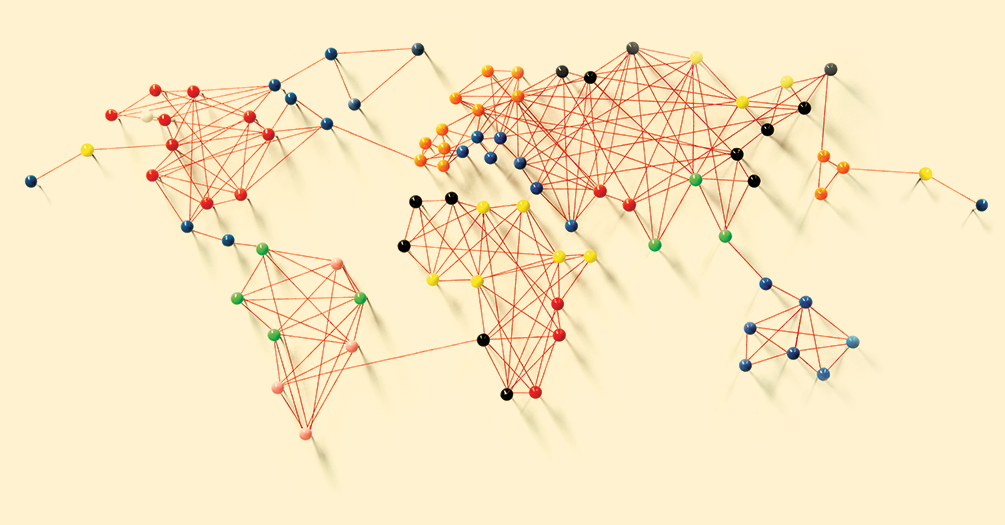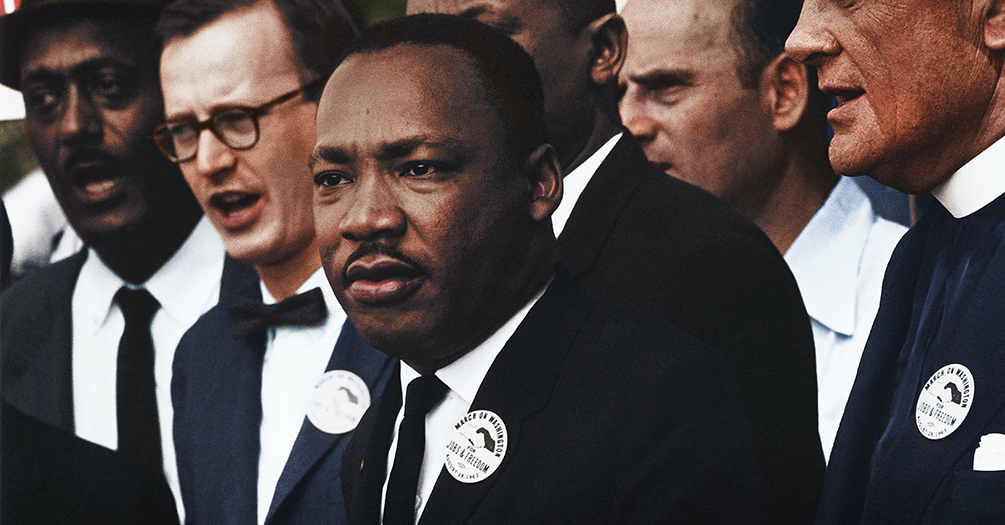
To the Next Generation of Public Health Students: Balancing Activism, Studying, and These Unprecedented Times
Alex Parks
Alex Parks came to public health with moral convictions. She now employs evidence, frameworks, and statistics to back them up. She’s also discovering the deep scientific value of stories, and the problems we create if we wait too long for overwhelming evidence.





